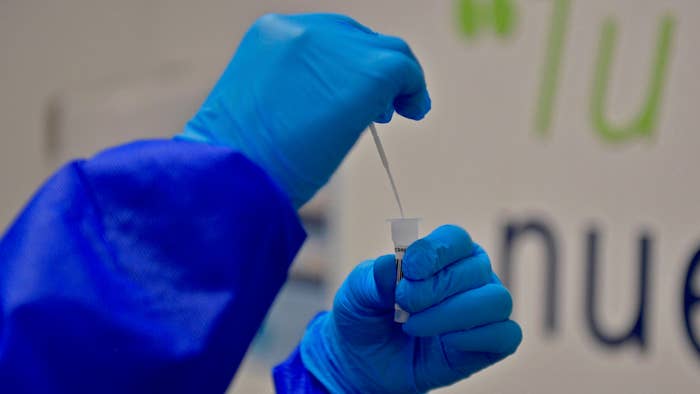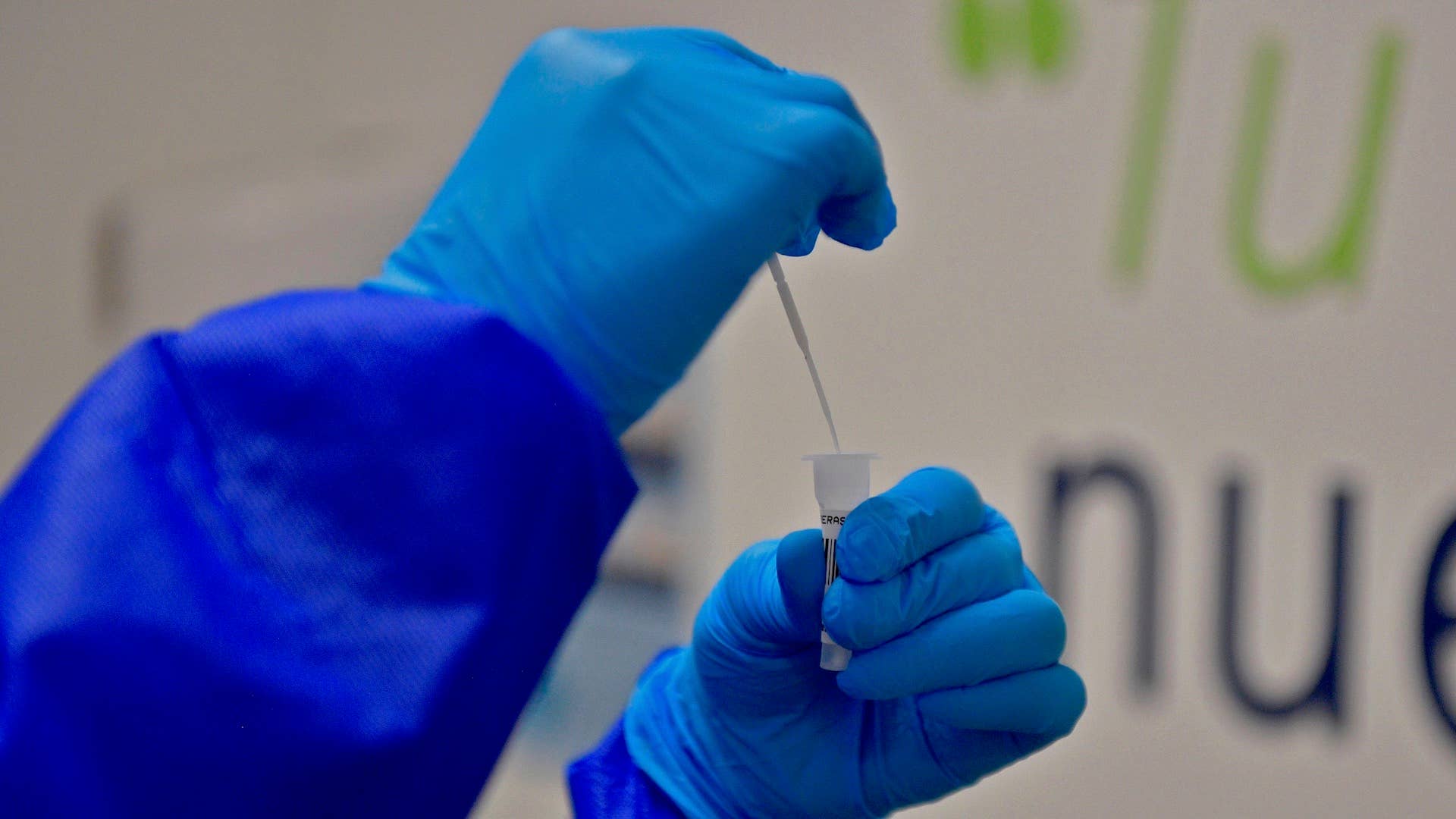
Dutch physicians have recorded the first known death due to coronavirus reinfection.
According to a report cited by CNN, an 89-year-old woman recently died after contracting COVID-19 for the second time. The patient was said to be immunocompromised as she was also receiving treatment for a rare type of blood cell cancer called Waldenström's macroglobulinemia; however, experts said her immune system could've been strong enough to fight the coronavirus infection because her cancer treatment "does not necessarily result in life threatening disease."
Researchers at Maastricht University Medical Center said the elderly woman tested positive for the novel virus earlier this year after she began exhibiting symptoms like a fever and cough. She was reportedly hospitalized for nearly a week, and was eventually discharged once the symptoms had gone away.
About two months later, the woman began another round of chemotherapy treatment and once again started experiencing a cough, fever, and difficulty breathing. A subsequent test confirmed she had been infected with COVID-19 and no antibodies were found her blood in the following days. Researchers later found that the strains from her first and second infections differed, indicating "that the second episode was a reinfection rather than prolonged shedding." The woman died two weeks later.
The case marks the first recorded death following a coronavirus reinfection; however, there have been a handful of confirmed reinfections across the world. On Tuesday, it was reported that a 25-year-old Nevada man was the first known American to have contracted the disease twice. Unlike the Dutch woman, the Nevada man had no known underlying health conditions, but his second infection was said to have been much worse than the first.
"It means that it is possible to get reinfected, that’s all it really tells us," Dr. Simon Clarke, associate professor in cellular microbiology at the University of Reading, told CNBC. "It doesn’t tell us that protective immunity is impossible. It is worth remembering that this might be just one of a very small handful of reinfections, it might be very rare, or it might be one of the very first few we are going to see a lot more of given time."
The American patient has since recovered.

